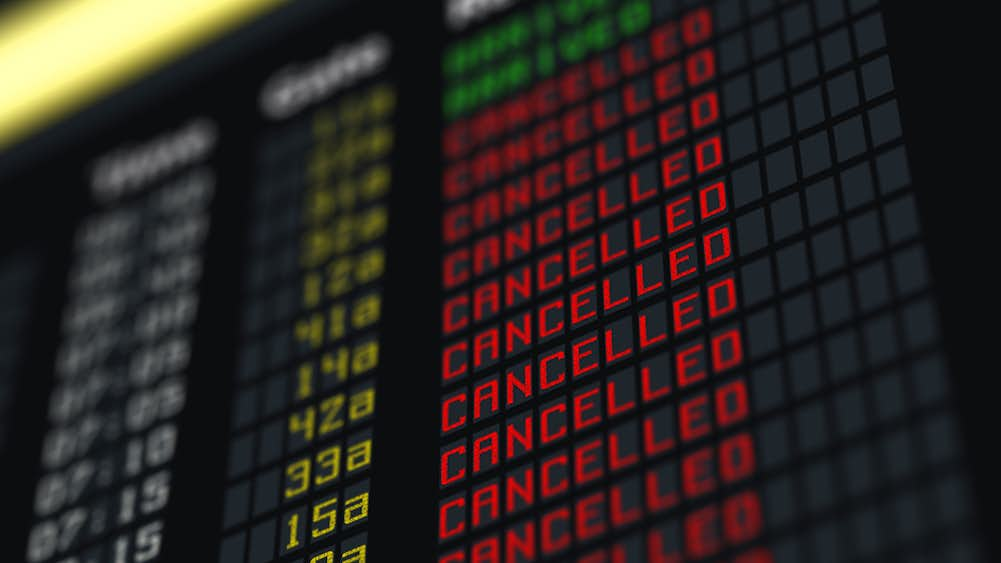
Prices are high, unless you are flexible, the charter fleet is older, but there are more differences than ever, say executives speaking at CJI.

Executives from private jet charter, jet card, and service providers, speaking today at Corporate Jet Investor in Miami, painted a picture of an industry still in flux, where the jury is out on winners and losers.
Over the past three years, private jet on-demand and jet card customers have seen increasing prices and service issues as operators faced ongoing supply chain challenges, including labor shortages.
According to an analysis of jet card prices by Private Jet Comparisons at the end of 2023’s third quarter, the average hourly rate is up 24% from the end of 2020.
While the industry is still battling Covid-related operational obstacles, and as flyers wait for prices to come down, more aircraft are available for charter. Still, a significant portion of the charter fleet is now older.
Avinode Chief Revenue Officer Per Matheson said, “Since January 2022, the number of US and Canadian aircraft on Avinode has grown by 25% to the current level of 2,500 aircraft.”
The number represents aircraft “actively” marketed for charter.
He said monthly requests for quotes from brokers in 2023 are running 7-to-10% below last year but are still double what they were in 2019.
However, he noted, “Part of the growth in total number of charter aircraft available on the Avinode platform is driven by older aircraft being refurbished during the boom in charter during the pandemic.”
In 2019, 29% of the region’s aircraft on the platform used to source private jets by brokers were 20 years or older.
That percentage has increased by over 30% in just four years.
Currently, 38% of charter aircraft Avinode has on its sourcing network are 20 years or older.
Peder von Harten, President of Nicholas Air, said the jet card seller is continuing to maintain an average age of five years or less for its fleet.
It is exchanging older Embraer Phenom 300s and Cessna CJ3s for Phenom 300Es and CJ3+s.
He believes preowned pricing for nearly new jets has yet to be rationalized.
“You don’t want to buy a $12 million aircraft that deep down you know is worth $8.5 million…It’s not a good financial decision.”
He said low-hours light jets are as much as $2 million more than buying a new airplane directly from the OEM.
That could be changing.
Asked if orders by other fleet operators were crowding out the likes of Nicholas Air, currently the 12th largest private jet operator in North America., von Harten said, “We still have opportunities to make deals in that very new preowned market.”
He continued, “There are owners who made decisions two or three years ago we’re going to buy an airplane. It’s going to be good for our business, but three years later, when they thought they had to fly private in December of 2020, now they’re getting delivery of the aircraft, and today, it doesn’t make a whole lot of sense for them, so there’s always an opportunity there.”
von Harten also said Nicholas Air is sensitive to increasing prices.
“From a price standpoint, we have to make sure the jet card hourly rate doesn’t run away,” he said.
Leona Qi, US President for Vista Global, parent of VistaJet and XO, said the company has been able to beat slackening demand by offering targeted products.
For customers who pre-Covid used VistaJet for regional travel, they started flying privately on transoceanic flights when the airlines curtailed routes during pandemic travel curfews.
She said those customers are sticking with private flights.
At the same time, she said XO’s dynamic pricing memberships appeal to price-sensitive flyers who are flexible and willing to shift their travel dates to save money.
On another panel, Andy Priester, Chairman of Priester Aviation, said there is an increasing distinction between management companies.
He said some management companies are focused on owners who either don’t put their aircraft out for private jet charter or do so but see charter as supplemental, his company’s approach.
Others, he said, focus on owners who are looking for private jet charter revenue to offset a significant part of their ownership costs.
Airshare CEO John Owen, who recently bought the management arm of Wheels Up, said his company has avoided the challenges of mergers that impact service at other companies.
The Kansas City-based provider has kept its fractional program intact and hasn’t added programmatic offerings around its increased charter fleet.
“We don’t leverage one against the other,” he said.
A continued cost for flight providers is acquiring profitable new customers.
Shaan Bhanji, Vice President of Tuvoli, a sourcing and payment platform for brokers, told attendees, “The cost to acquire the customer who flies 1.7 trips per year (the same as a frequent flyer). They are fickle, and then they go away.”
Referrals continue to be critical.
Sentient Jet closed sales to new customers in 2021 after the surge in demand.
Flexjet, Inc. Co-CEO and Sentient Jet CEO Andrew Collins said back then, “I could have sold jet cards to my neighbors just ringing their doorbell.”
He said by restructuring its program, eschewing “the race to the bottom,” and refocusing on its customers, the inventor of the jet card is on track again.
2023 is set to be “one of the most profitable years the company has had, and the referrals are coming in again,” according to Collins.